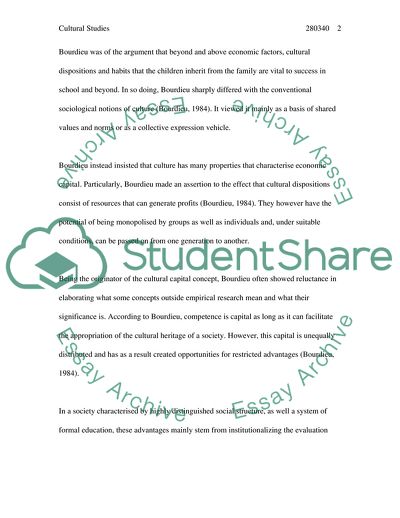Cite this document
(Controversial Issue of Tastes among Individuals in Various Social Literature review, n.d.)
Controversial Issue of Tastes among Individuals in Various Social Literature review. Retrieved from https://studentshare.org/social-science/1721516-cultural-studies-taste-the-good-the-bad-and-the-ugly
Controversial Issue of Tastes among Individuals in Various Social Literature review. Retrieved from https://studentshare.org/social-science/1721516-cultural-studies-taste-the-good-the-bad-and-the-ugly
(Controversial Issue of Tastes Among Individuals in Various Social Literature Review)
Controversial Issue of Tastes Among Individuals in Various Social Literature Review. https://studentshare.org/social-science/1721516-cultural-studies-taste-the-good-the-bad-and-the-ugly.
Controversial Issue of Tastes Among Individuals in Various Social Literature Review. https://studentshare.org/social-science/1721516-cultural-studies-taste-the-good-the-bad-and-the-ugly.
“Controversial Issue of Tastes Among Individuals in Various Social Literature Review”. https://studentshare.org/social-science/1721516-cultural-studies-taste-the-good-the-bad-and-the-ugly.


